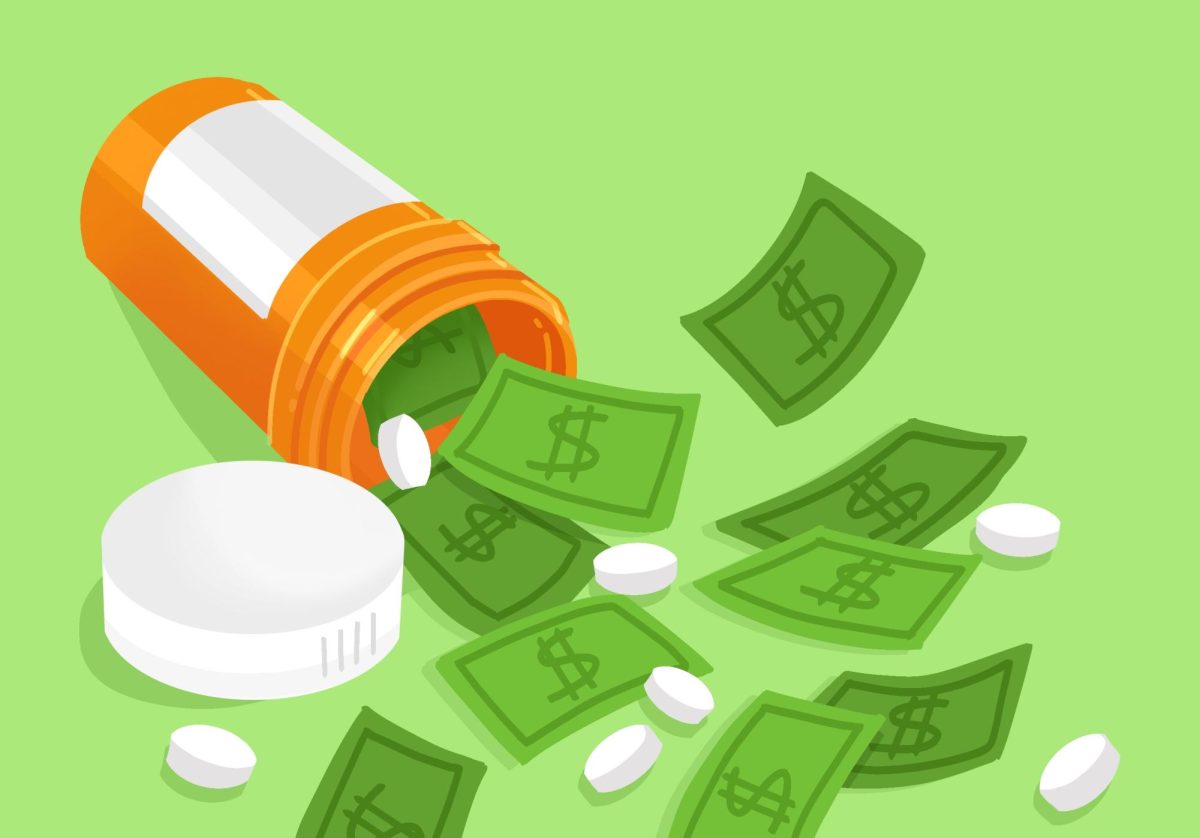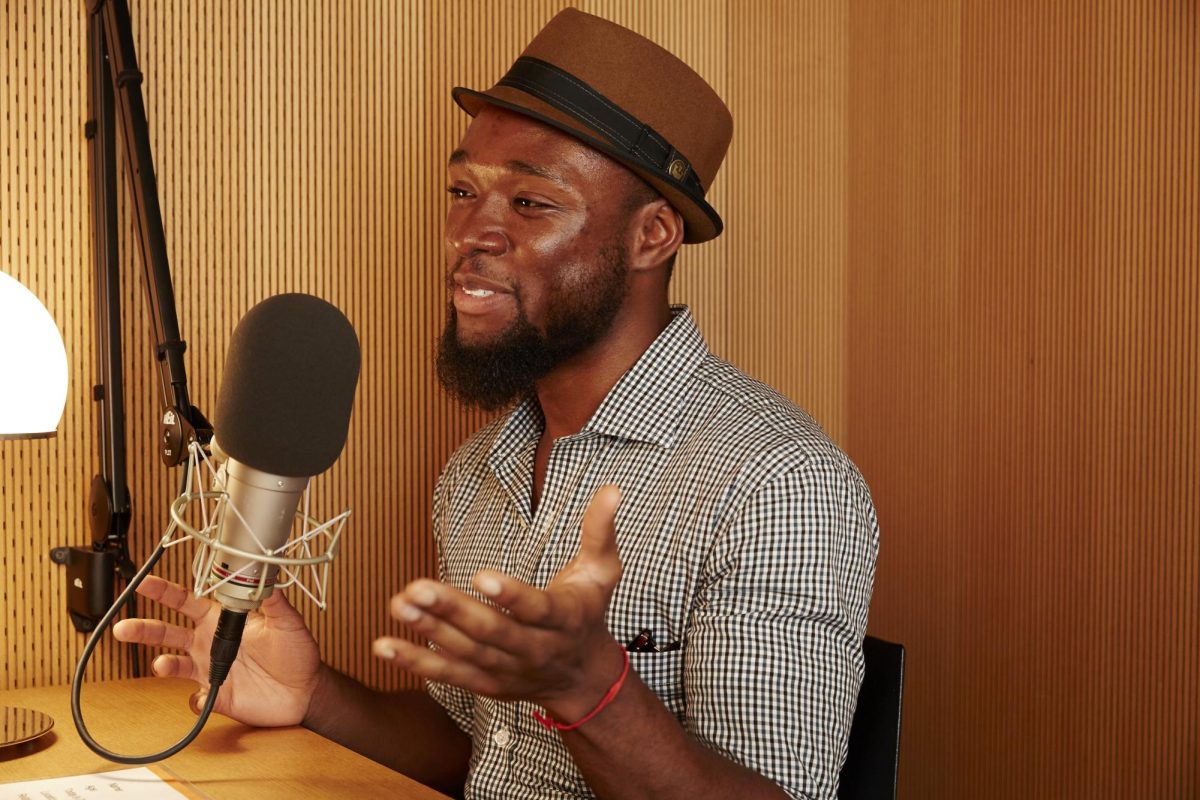University of Minnesota alumnus Steve Rummler dealt with chronic pain after a serious back injury, so his doctor prescribed him opioids, which he eventually became addicted to. He died after a relapse in 2011, and his family started a nonprofit in his name to help others with addiction.
Years later, University researchers are developing a vaccine to prevent heroin, Oxycodone and Vicodin addiction in hopes of saving the lives of people like Rummler. The researchers published preliminary findings last month that demonstrate the vaccine’s effectiveness in animals.
Heroin, Oxycodone and Vicodin are among the most abused drugs, said Marco Pravetoni, associate University professor and Minneapolis Medical Research Foundation employee.
“The goal of the vaccine is to make antibodies … that are specific to the opioid of interest,” he said.
The vaccine’s antibodies bind to the drug, making the molecule too big to travel to the brain, which nulls all the drug’s effects — even pain relief, Pravetoni said.
Most opioid overdoses occur after relapses, he said. People build tolerance to opioids over time, and when they stop taking them, their tolerance decreases. The dose that once gave them the euphoric effects becomes an excessive amount, decreasing respiratory function, ultimately leading to death.
“If a person … relapses and goes back to their habits, at least they would be protected,” Pravetoni said.
While researchers aren’t sure of all the causes of opioid addiction, the brain’s reward center and dopamine play a large role, said Mark Thomas, University associate professor and member of the executive committee of the University’s Medical Discovery Team on addiction.
There are some “tools” doctors use to help opioid addiction, but the vaccine could be more effective and longer-lasting, Thomas said.
Common opioid addiction treatments include medication and therapy, said Dr. Charles Reznikoff, who is associated with the Steve Rummler Hope Network. Medication has been clinically proven to save lives, but another strategy to help with addiction would be beneficial, he said.
On average, 115 Americans die from opioid overdoses every day, according to the Centers for Disease Control and Prevention.
Opioid addiction can be worse than other drug addiction because some people purchase opioids from illicit sources, where the purity and concentration of the drug is not always clear, Thomas said.
The vaccine is still in the preclinical stage, and researchers hope it will be available to the public in a few years, depending on the amount of funding they receive.
“I think they’re a great new treatment for people who suffer from opioid abuse and potentially overdose, but obviously we still need to work out a few small details before we can get it out to the public,” Pravetoni said.







